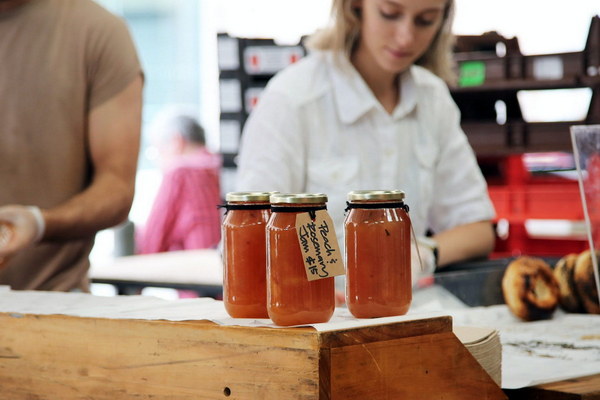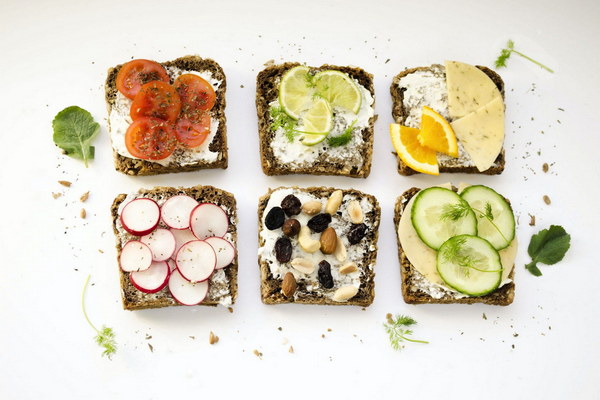Rebuilding Your Health A Comprehensive Guide to Post-Illness Nutrition
Introduction:
Recovering from an illness can be a challenging journey, and one of the most crucial aspects of the healing process is nutrition. Proper nutrition can help your body repair itself, boost your immune system, and provide the energy you need to regain your strength. This comprehensive guide will explore the best foods to consume after an illness to aid in your recovery.
1. Protein-Rich Foods:
Protein is essential for tissue repair and muscle strength. Incorporate the following protein-rich foods into your diet:
- Lean meats (chicken, turkey, lean beef)
- Fish (salmon, tuna, mackerel)
- Eggs
- Dairy products (milk, cheese, yogurt)
- Plant-based proteins (tofu, tempeh, lentils, beans, quinoa)
2. Fruits and Vegetables:
A wide variety of fruits and vegetables will provide essential vitamins, minerals, and antioxidants to support your immune system. Focus on the following:
- Dark leafy greens (spinach, kale, Swiss chard)
- Berries (strawberries, blueberries, raspberries, blackberries)
- Citrus fruits (oranges, grapefruits, lemons)
- Root vegetables (carrots, beets, sweet potatoes)
- Cruciferous vegetables (broccoli, cauliflower, Brussels sprouts)
3. Whole Grains:
Whole grains can help provide sustained energy and fiber, which aids in digestion. Include the following in your diet:
- Oats
- Brown rice
- Quinoa
- Barley
- Whole grain bread and pasta
4. Healthy Fats:
Healthy fats are essential for brain function and inflammation reduction. Consume the following sources of healthy fats:
- Avocado

- Nuts and seeds (almonds, walnuts, chia seeds, flaxseeds)
- Olive oil
- Fatty fish (salmon, mackerel, sardines)
- Coconut oil
5. Hydration:
Staying hydrated is crucial during the recovery process. Drink plenty of water, herbal teas, and broths. If you're struggling to drink water, try adding a slice of lemon or cucumber to make it more appealing.
6. Nutritional Supplements:
In some cases, it may be necessary to supplement your diet with vitamins and minerals. Consult with a healthcare professional to determine if you require any additional supplements, such as:
- Vitamin C
- Vitamin D
- Calcium
- Iron
- Magnesium
7. Tips for meal planning:
- Prepare balanced meals with a focus on protein, fruits, vegetables, and whole grains.
- Try to eat small, frequent meals to avoid feeling overwhelmed by large portions.
- Focus on cooking methods that are easy to digest, such as steaming, boiling, or baking.
- Incorporate probiotics and prebiotics to support gut health, which is essential for overall well-being.
- Be patient with your body and allow it to recover at its own pace.
Conclusion:
Rebuilding your health after an illness requires a balanced diet that supports your body's healing process. By incorporating a variety of nutrient-rich foods into your meals and staying hydrated, you can help speed up your recovery. Remember to consult with a healthcare professional if you have specific dietary needs or concerns. With the right nutrition, you'll be well on your way to regaining your strength and vitality.









